Sage Tincture (Salvia officinalis)
$18.00 – $32.00 — or subscribe and save 5%
Salvia Officinalis, or Sage, is a very helpful herb, both in cooking and medicinally. It can flavor your sauces and help relieve the burning guilt that might come after eating too much pasta.
Description :
Sage is a shrubby perennial herb of the mint family, native to the Mediterranean and Middle East, that has been naturalized around the globe. There are over 500 varieties of sage that grow throughout tropic and temperate zones; and most are medicinally useful. Only a handful of Sage varieties are used in cooking. Sage plants have woody stems, greyish leaves, and blueish purple flowers. In Ancient Rome, Sage was used to supposedly enhance memory, reduce the pain of sore throats, reduce bloating and heartburn, help in cancer treatment, and more.
History and Folklore:
Salvia, is from the Latin salvare, to save, or to be well. In ancient Rome, Sage was used ceremonially and was associated with immortality. Theophrastus of ancient Greece is said to have called Sage the coronary herb because it flushed disease from the body which, in turn, eased undue strain on the heart.
Cultivation and Harvest:
Harvest the leaves at almost any time during the spring or summer. Ideally before the plant flowers. You can pick the leaves off individually, or cleanly cut off stems near the root and strip the leaves off. The leaves can be used fresh or dried. The flowers are edible and can be used as cake decorations.
Precautions:
Do not use if pregnant or nursing. Do not use if you have epilepsy. Do not use for extended periods.
Traditional Herbal Actions:
Antibacterial, Antifungal, Anti-inflammatory, Antimicrobial, Antispasmotic, Antiviral, Astringent, Carminative, Emmenagogue. Anticancer, Antinociceptive, Antioxidant, Hypoglycemic, and Hypolipidemic
Other Names:
Common Sage, Garden Sage, Golden Sage, Kitchen Sage, True Sage, Culinary Sage, Dalmatian sage, and Broadleaf Sage.
Related Species:
Salvia apiana, S.arizonica, S. azurea, S. carduacea, S.clevelandii, S. dorrii, S. farinacea, S. greggii, S. lemmonii, S. leucophylla, S. mohavensis, S. spathacea
Koosumbha, Hoang-tchi
Tincture Ingredients: Sage (Salvia officinalis)
*These statements have not been verified by the FDA and is only referenced here as a fun fact and/or for historical commentary, is not to be used as medical advice in any way. Consult your doctor before ingesting any herbal product.
None of these items or statements are approved by FDA. Consult your physician before taking any supplement. Do not take herbs or tinctures during pregnancy without consulting your healthcare provider. This product is not intended to diagnose or treat any disease. All information here is for entertainment and educational purposes only.
| Weight | N/A |
|---|---|
| Dimensions | N/A |
How to Take Herbs - Product Forms and Suggested Servings
Product Forms
Most HomeGrown Herbalist products are sold in three forms: powders, tinctures and capsules. People often ask which form is best. The truth is, it matters very little how we get herbs into our body but there are some advantages to each form.
Powders: Powders are the least expensive form. Powders can be made into teas or tinctures or you can just put the powder into a little juice or water and drink it.
Tinctures: Tinctures are alcohol extracts of herbs. They act a little more quickly in the body and are very portable. Tinctures can be taken alone or mixed with a little juice or water.
Capsules: Capsules are my least favorite form personally. I believe that many herbs are more effective if capsules aren't used. Click here to read a blog article on Capsules
Any of the above forms can be mixed with your morning smoothie or with yogurt, apple sauce etc... Tinctures mix really well with these products: Barleans Seriously Delicious Omega-3 Fish Oil. This is a great way to get tinctures into those who are sensitive to yucky herb flavors.
Recommended Servings for Humans
For chronic or maintenance issues, twice daily is usually sufficient. For acute situations, dosing can be done more frequently.
Herbs and Adults
Powders for Adults: 1-2 rounded teaspoons 2-3 times daily.
Tinctures for Adults: 1/4 to 1 teaspoon 2-3 times daily.
Capsules for Adults: 4 capsules 2-3 times daily.
Herbs and Children
Don't use herbs in children without consulting a physician. When I do use herbs for children, I dose them based on weight compared to an adult...1/2 an adult...1/3 of an adult etc...
Herbs and Pets
All of our formulas were created so that they could be used in either humans or in dogs, cats and livestock. Most dogs will eat herbs willingly if the powdered form is mixed with a little wet food. Tinctures can also be used. Cats are often very resistant to taking herbs willingly. For chronic or maintenance issues, twice daily is usually sufficient. For acute situations, dosing can be done more frequently.
Powders for Pets
Under 10 Pounds: 1/8 teaspoon twice daily
10-20 Pounds: 1/4 teaspoon twice daily
20-40 Pounds: 1/2 teaspoon twice daily
40-60 Pounds: 3/4 teaspoon twice daily
Over 60 Pounds: 1 rounded teaspoon twice daily
Tinctures for Pets:
Under 10 Pounds: 3 drops twice daily
10-20 Pounds: 5 drops twice daily
20-40 Pounds: 10 drops twice daily
40-60 Pounds: 20 drops twice daily
Over 60 Pounds: 30 drops twice daily
Capsules for Pets:
Under 10 Pounds: 1/4 capsule twice daily
10-20 Pounds: 1/2-4 capsule twice daily
20-40 Pounds: 1 capsule twice daily
40-60 Pounds: 2 capsules twice daily
Over 60 Pounds: 3 capsules twice daily
Dosing for Livestock:
Powders for Livestock:
Smaller animals: dose by weight as if they were pets
100-200 Pounds: 1 rounded tsp 2-4 times daily
200-400 Pounds: 2 rounded tsp 2-4 times daily
Adult Horses and Cattle: 1-2 tablespoons 2-4 times daily
Tinctures for Livestock:
Smaller animals: dose by weight as if they were pets
100-200 Pounds: 1 tsp 2-4 times daily
200-400 Pounds: 2 tsp 2-4 times daily
Adult Horses and Cattle: 5 cc 2-4 times daily
1 review for Sage Tincture (Salvia officinalis)
Only logged in customers who have purchased this product may leave a review.
The HomeGrown Approach - What Makes us Different?
Many of our Herbal Products are created with herbs that are grown right here! Of course there are many plants that are outside the scope of our ability to grow in Idaho, due to either climate or quantity requirements. So when we need to supplement our growing efforts, we purchase only the finest product from quality, growers that we trust! All of our Single Herb Tinctures are made right here at our own facility with a single plant.
Our plants are grown, weeded, harvested and processed by caring herbalists filled with healing intent, not by machines. HomeGrown plant harvesting is timed for maximum potency...not the day the combine is scheduled. - Only the most medicinal portions of the HomeGrown plants are utilized for medicine making. - No pesticides, herbicides or artificial fertilizers of any kind are used in our herb gardens. HomeGrown wildcrafted herbs are ethically collected and identified by experienced herbalists, not minimum-wage, apathetic employees.
Yeah, we might be crazy to go to all the trouble when we could import material from Bulgaria for a tenth of the price, but we have experienced the difference in the quality of the end product. We are confident that when you use our HomeGrown herbals, you WILL see what all the fuss was about!



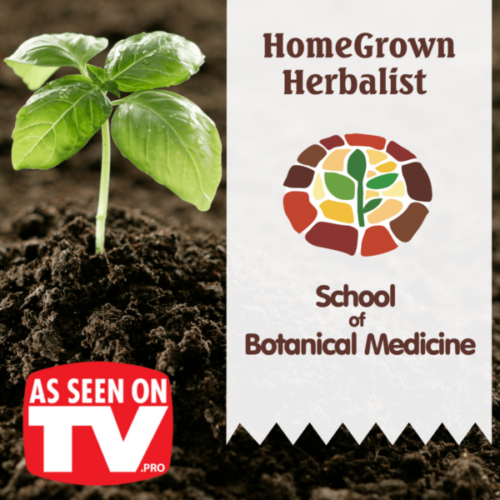
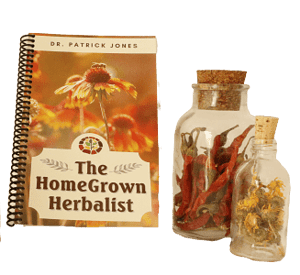

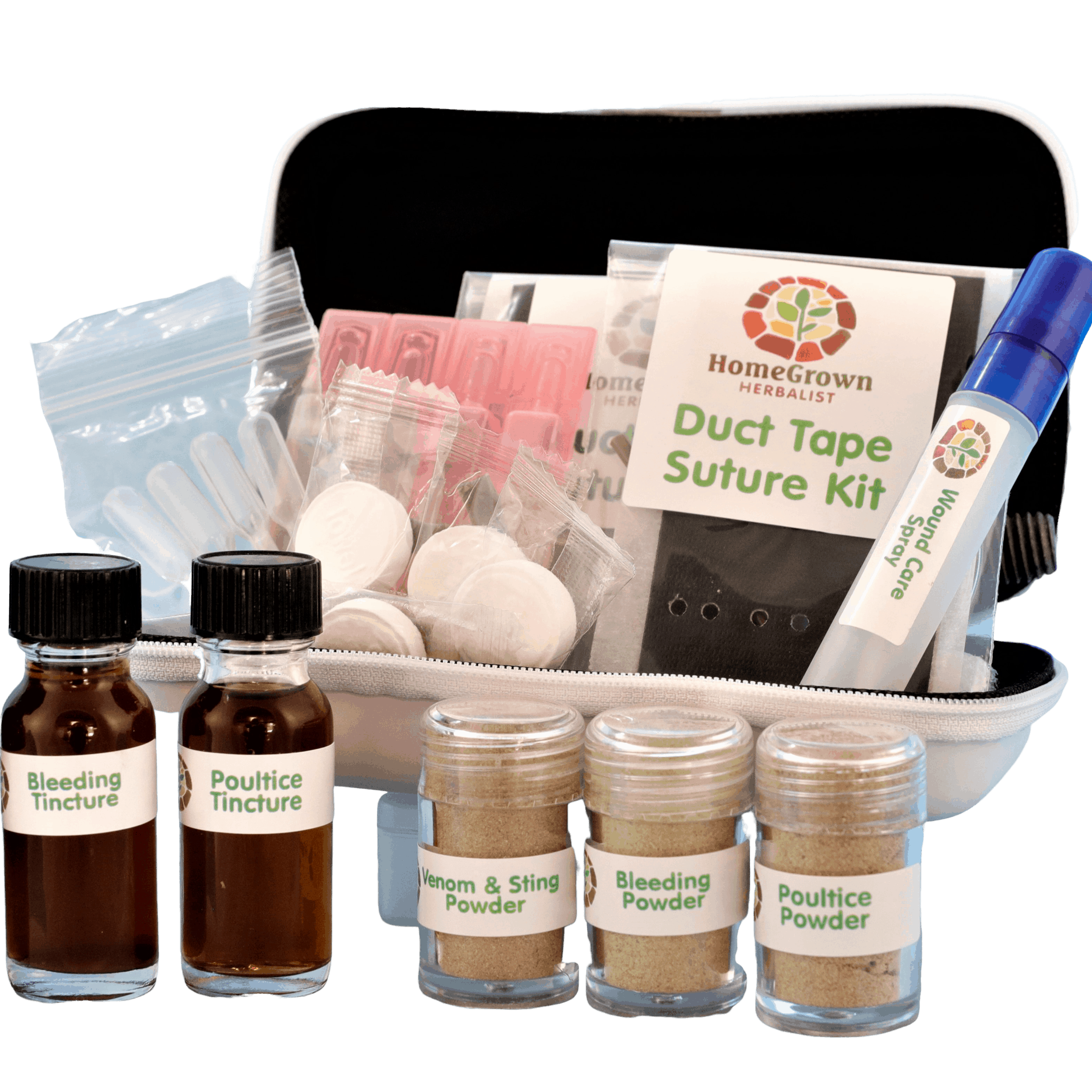
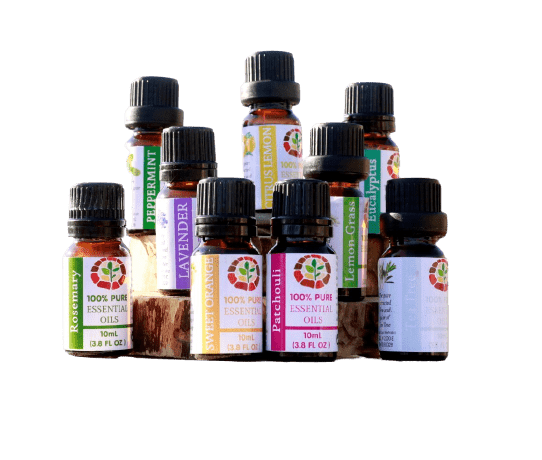
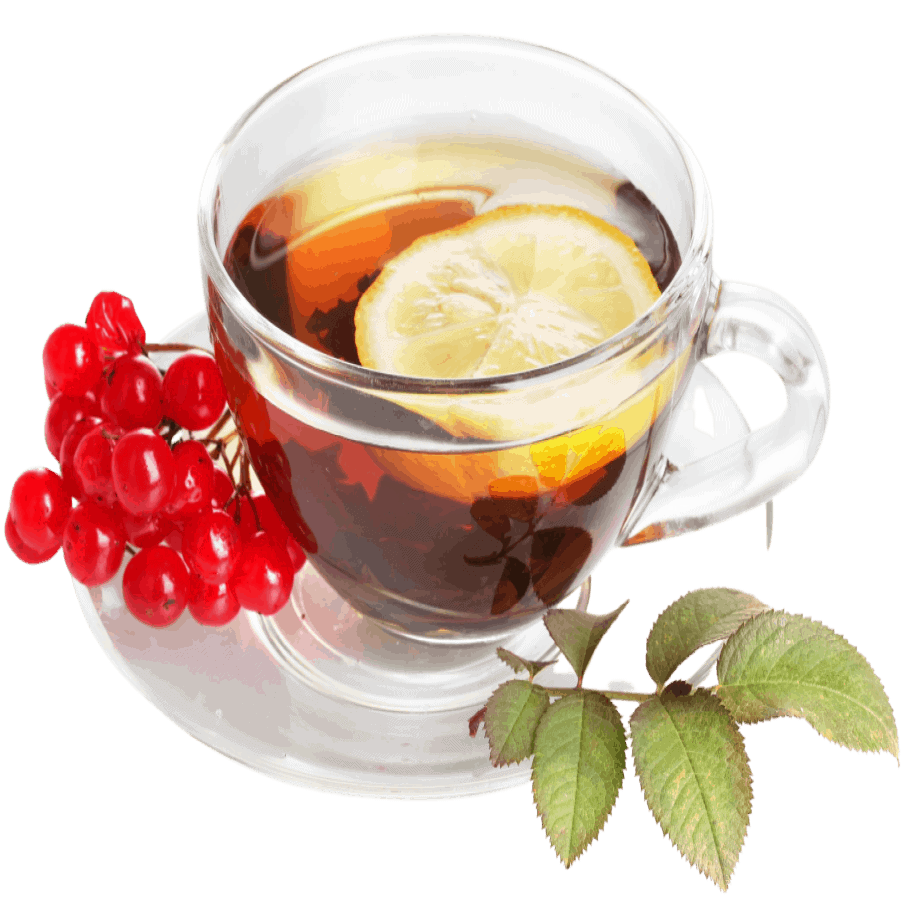
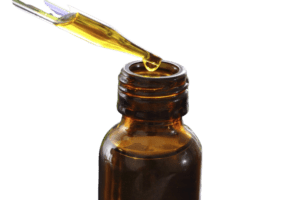
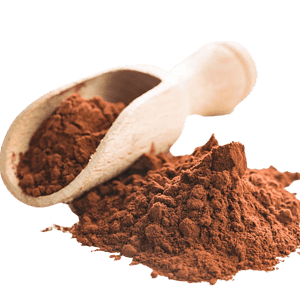
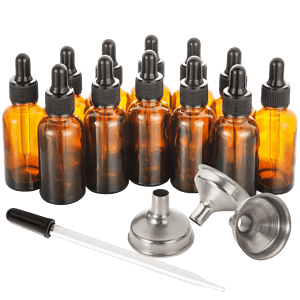

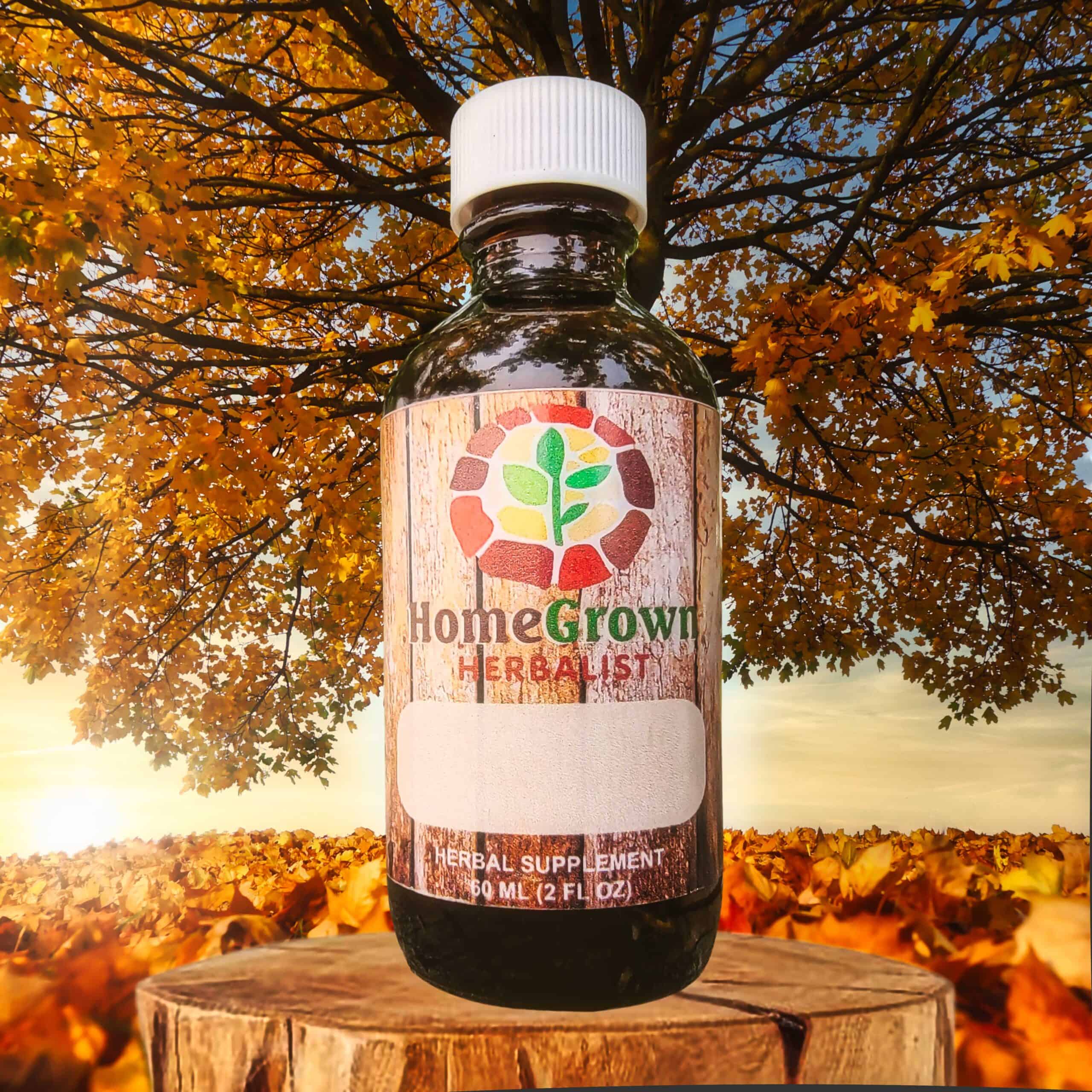
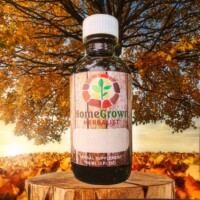
Ezekiel –